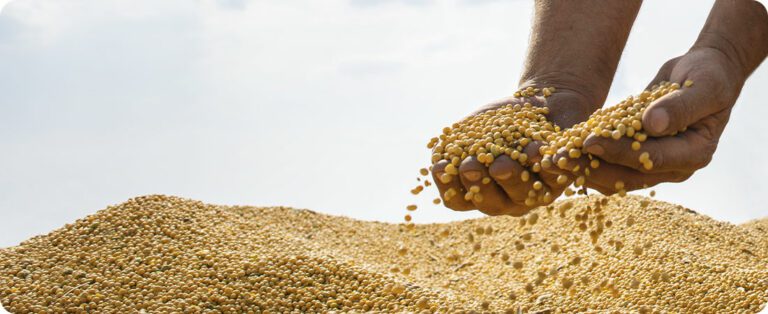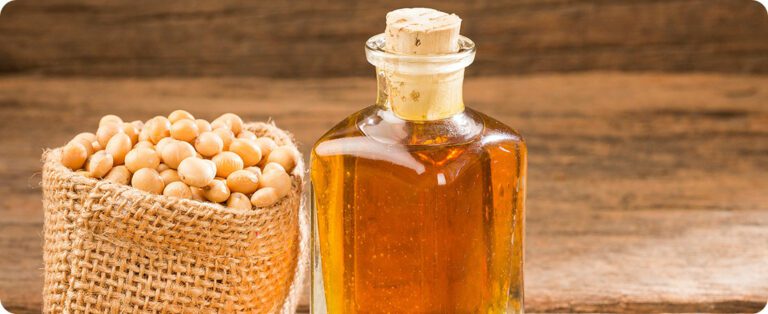
Image: Pixabay
The slight increase in exports and imports of products whose prices have cooled in recent months has led the Ministry of Development, Industry, Commerce and Services (MDIC) to project a record trade surplus (exports minus imports) in 2023. The second estimate of the year predicts a surplus of US$ 84.7 billion.
The projection is updated every three months. If confirmed, the surplus will be 37.7% higher than the positive balance of US$ 61.525 billion recorded in 2022, so far the best result in history.
{module Form RD}
The trade balance is expected to rise because imports will fall more than exports in relation to the results of 2022. The government projects to export US$ 330 billion this year, a drop of 1.2% compared to the US$ 334.1 billion exported by the country last year. On the other hand, imports are expected to reach US$ 245.2 billion, a decrease of 10% in relation to the US$ 272.6 billion purchased from abroad in 2022.
In relation to the previous projection, released in April, both exports and imports rose slightly. “In relation to the first forecast, there was an increase of around US$ 5 billion in imports and also in exports. Expectations are in line”, declared the Undersecretary of Intelligence and Foreign Trade Statistics at the MDIC, Herlon Brandão.
Factors
According to the MDIC, two factors are behind the record balance in 2023. On the one hand, the prices of energy commodities, such as oil, and items such as fertilizers, are on a downward trend after reaching a peak at the beginning of the war between Russia and Ukraine. On the other hand, the slowdown in the economy should cause a drop in imports, due to the decline in consumption.
The war between Russia and Ukraine has impacted imports in recent months. International prices of fertilizers fell by 55.2% in June, compared to the same month last year. The average price of imported fuels decreased by 40.4% in the same comparison. The average price of wheat, another product that Brazil imports in large quantities, falls by 18.6%.
Source: datagro
{module Read Also}













